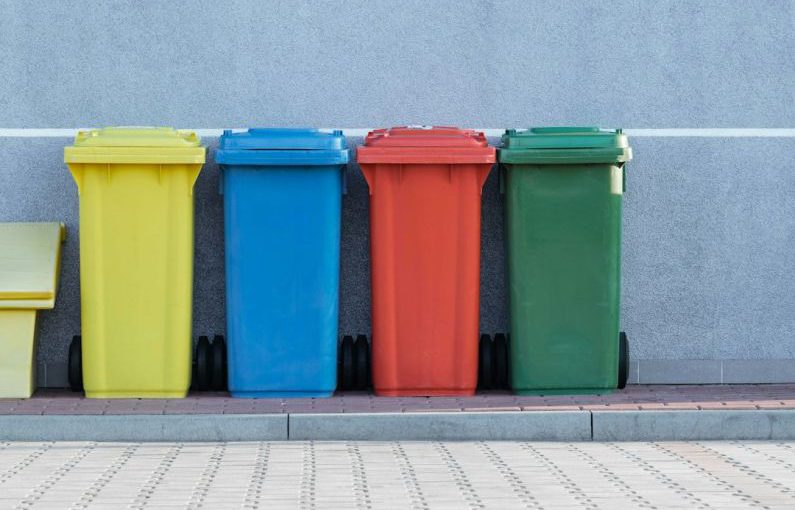Innovations in Recycling and Waste Management
The urgency of addressing environmental issues has prompted significant advancements in recycling and waste management practices. From technological innovations to policy changes, various sectors are actively working towards a more sustainable future. Let’s delve into some of the key developments driving progress in this crucial field.
Technological Breakthroughs in Waste Sorting
One of the most significant challenges in recycling has been the efficient sorting of waste materials to ensure proper recycling procedures. Traditional methods often relied on manual sorting, which was time-consuming and prone to errors. However, with the advent of advanced technologies such as artificial intelligence and robotics, waste sorting processes have been revolutionized.
Automated sorting systems equipped with sensors and cameras can now identify different types of materials with remarkable accuracy. These systems can separate plastics, metals, paper, and other recyclables quickly and efficiently, improving recycling rates and reducing contamination. By streamlining the sorting process, these technologies are helping recycling facilities operate more effectively and sustainably.
Chemical Recycling: Transforming Waste into Resources
Chemical recycling, also known as advanced recycling, is a cutting-edge process that converts plastic waste back into its basic building blocks for reuse in new products. Unlike traditional mechanical recycling, which involves melting and reshaping plastics, chemical recycling breaks down polymers into their original components, allowing for a wider range of recyclable materials.
This innovative approach not only helps address the growing plastic waste crisis but also offers a more sustainable solution for managing non-recyclable plastics. By transforming waste into valuable resources, chemical recycling holds great promise for reducing environmental impact and promoting a circular economy.
Smart Waste Management Systems for Efficient Collection
Smart waste management systems leverage technology to optimize waste collection processes, improve resource allocation, and reduce operational costs. These systems utilize sensors, GPS tracking, and data analytics to monitor waste levels in bins, optimize collection routes, and provide real-time insights for better decision-making.
By implementing smart waste management solutions, municipalities and businesses can enhance efficiency, reduce emissions from collection vehicles, and minimize overflow and littering. The data generated by these systems also enables stakeholders to make informed decisions on waste reduction strategies, leading to more sustainable practices and a cleaner environment.
Policy Innovations Driving Sustainability
In addition to technological advancements, policy innovations play a crucial role in shaping recycling and waste management practices. Governments around the world are implementing regulations and incentives to promote recycling, reduce waste generation, and increase the use of recycled materials in manufacturing.
Extended producer responsibility (EPR) laws, for example, hold manufacturers accountable for the end-of-life disposal of their products, encouraging them to design for recyclability and invest in sustainable packaging solutions. Deposit return schemes incentivize consumers to return beverage containers for recycling, contributing to higher recycling rates and reduced littering.
Collaborative Initiatives for a Circular Economy
The transition to a circular economy, where resources are reused and recycled in a closed-loop system, requires collaborative efforts among stakeholders across industries. Partnerships between governments, businesses, NGOs, and consumers are essential for driving systemic change and accelerating the adoption of sustainable practices.
Circular economy initiatives focus on designing products for durability, repairability, and recyclability, as well as promoting innovative business models such as product-as-a-service and sharing platforms. By keeping materials in circulation and minimizing waste generation, these initiatives support a more sustainable and resilient economy for the future.
Advancing Towards a Greener Future
As the global population continues to grow, so does the demand for resources and the generation of waste. To address these challenges, continuous innovation and collaboration are essential in transforming the way we manage resources and waste. By embracing technological advancements, policy innovations, and circular economy principles, we can create a more sustainable future for generations to come.





